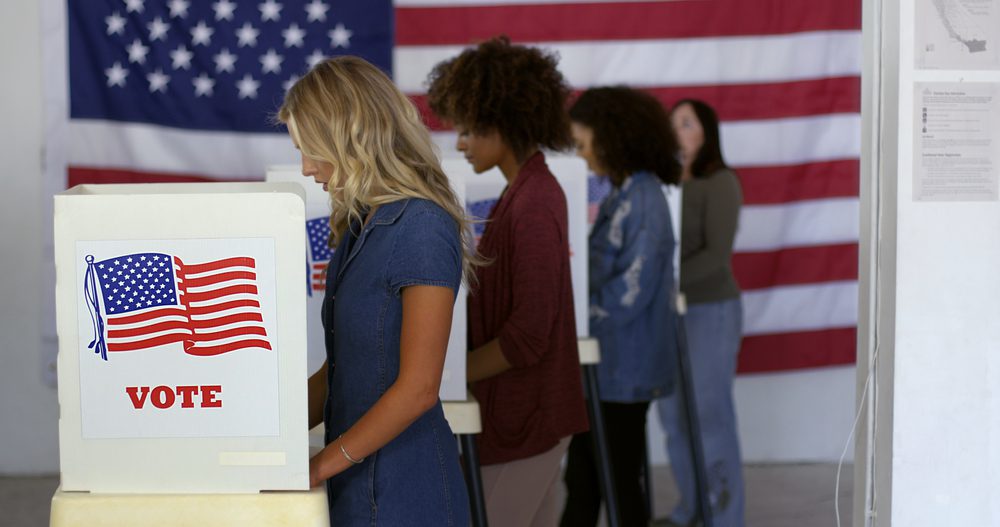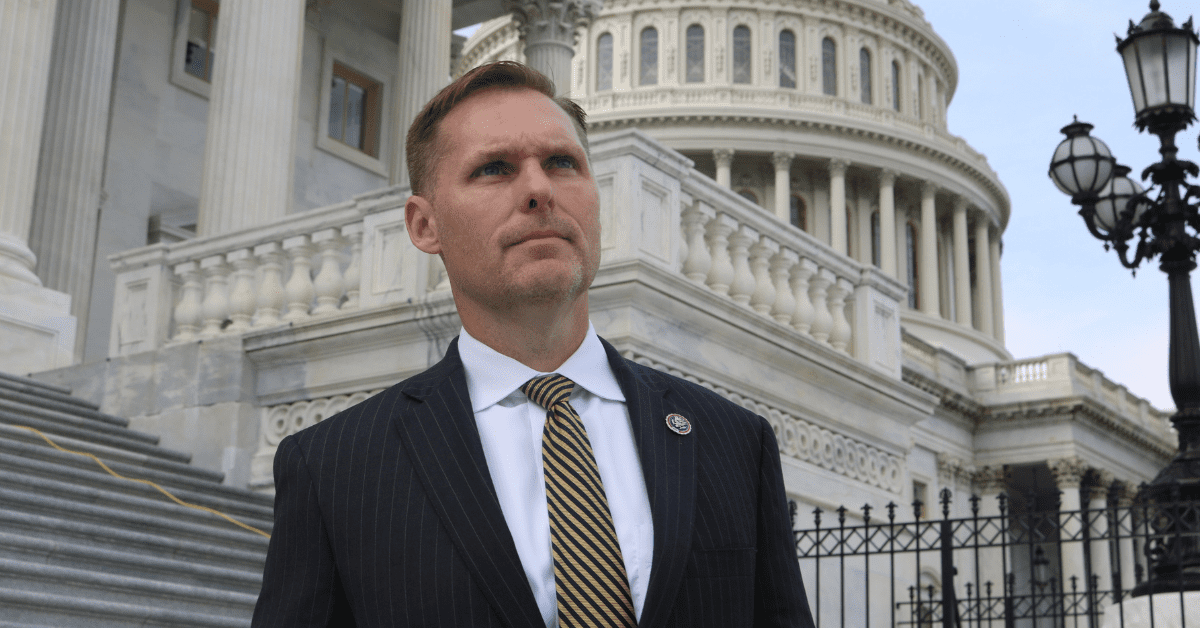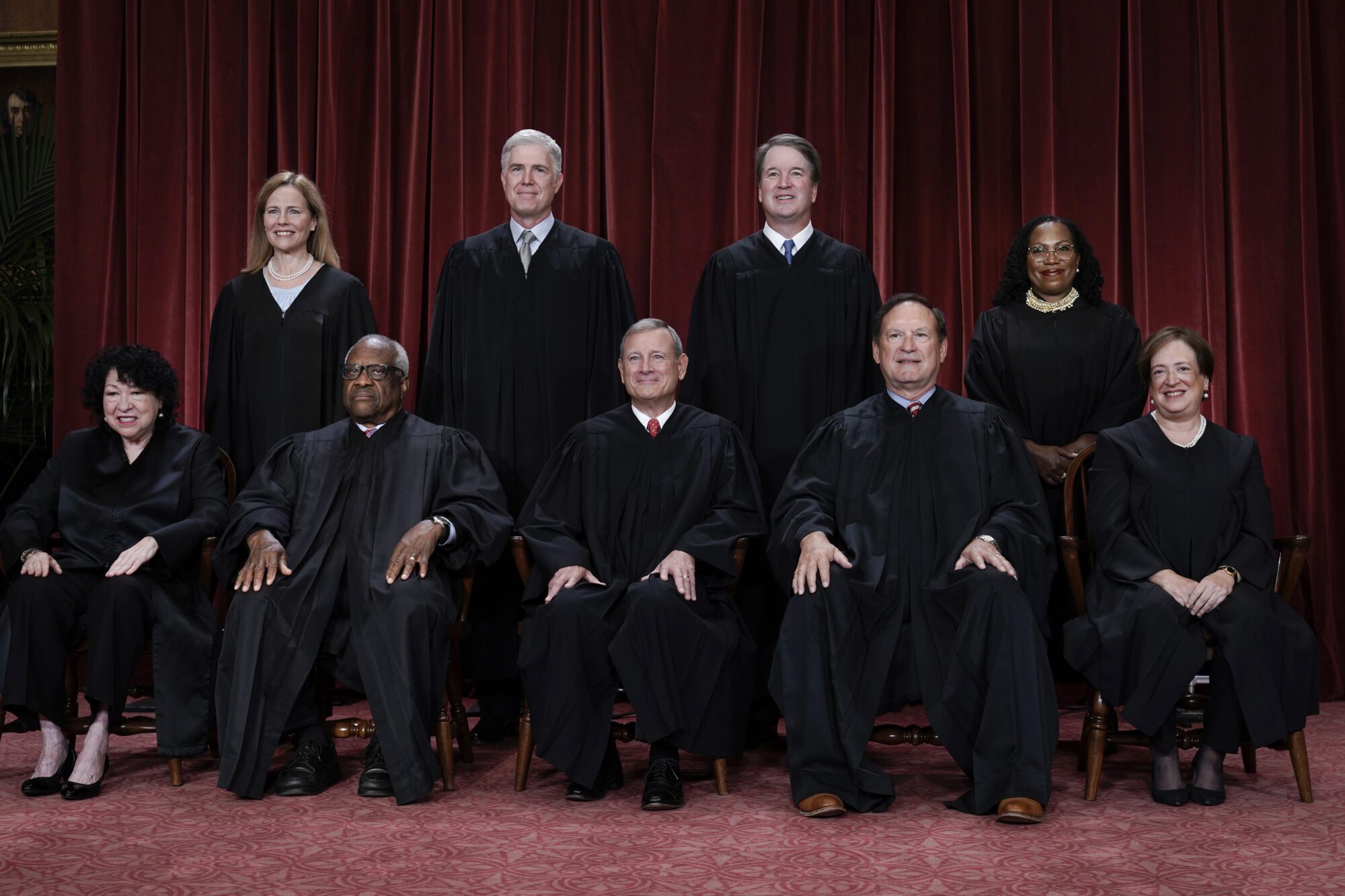
Columnist Phil Hardwick says it is becoming more difficult to change the mind of someone who has deeply held opinions and beliefs.
“Don’t confuse me with facts. My mind’s made up.” – Anonymous
Have you ever read a social media post that was so idiotic and misinformed that you couldn’t believe anyone would post something like that? And then you find out that it was the product of someone you know and respect. Someone you know who you cannot believe that they have that opinion? You think you can change their mind? You should probably just forget about it.
The main problem with changing someone’s mind these days is because so many lines have been drawn between politics, vaccinations, environmental impact, social justice, and school curriculum, just to name a few. In this column, we will look at how values, beliefs, and opinions are formed and how difficult for them to be changed.
Opinions are often based on the groups we belong to and on emotion, not facts. For some people, being alienated by the group is worse than conforming to the group, thus we accept the group’s opinions and values. We feel that we belong when we make a statement that is immediately agreed to and reinforced. We feel shunned when the members of the group ridicule our opinion or statement and attempt to change our mind. In other words, we feel good when someone else validates our opinion.
Thanks to social media, some of our groups are our online friends and followers. Social media companies accelerate our affiliation with our groups. It is much easier for someone simply to “like” our opinion than to comment on it. There is no “dislike” button. Have you ever wondered why businesses and individuals request that you like or follow them? Social media has a way of meeting our emotional need of belonging. We recall that in Maslow’s Hierarchy of Needs, the most basic emotional need is to be accepted by others.
Is it really difficult for someone to change their mind about something they believe? The answer is yes maybe, and there are reasons based on research.
Confirmation Bias and Motivated Reasoning
A person accepts facts when they come from a source on their side and rejects facts that come from a source on the other side.
In a study entitled “Confirmation Bias in the Utilization of Others’ Opinion Strength,” published in the December 16, 2019, issue of Nature Neoroscience, researchers found that “Humans tend to discount information that undermines past choices and judgments.“
Senior author Professor Toli Sharot, stated in a related article in Medical News Today that, “Because humans make the vast majority of decisions — including professional, personal, political and purchase decisions — based on information received from others, the identified bias in using the strength of others’ opinions is likely to have a profound effect on human behavior.”
The Illusory Truth Effect
The more often one hears a statement the more likely they believe it is correct.
The illusory Truth Effect was introduced in 1977 in a research paper describing a study by Lynn Hasher, David Goldstein, and Thomas Toppino. The authors were from Villanova University and Temple University. Illusory Truth Effect is the positive feeling that is experienced when we hear information that we know is true is similar to the feeling that occurs when we hear information we have heard before. Thus, if we choose to get our news regularly from the same sources, such as a certain cable news network or radio talk show, we often hear the same bias.
What about the Media
Speaking of news media, which many blame along with social media, for the current polarization of the country, an August 4, 2020, Gallup study entitled “News Media Viewed as Biased but Crucial to Democracy” found that, “More than eight in 10 Americans say the media bears ‘a great deal’ (48%) or ‘a moderate amount’ (36%) of blame for political division in this country. But nearly as many say the media could do ‘a great deal’ (49%) or ‘a moderate amount’ (35%) to heal those divisions.
The same study reported: “Americans are largely overwhelmed by the sheer volume and speed of news coverage, and 78% say the spread of misinformation online is ‘a major problem,’ exceeding all other challenges posed by the media environment. Nearly three-quarters of U.S. adults would like to see major internet companies find ways to exclude false information or hateful expression online.”
And more recently, this year (2023) a University of Rochester study of 1.8 million news headlines from major U.S. news outlets from 2014 to 2022 reported that news stories about domestic politics and social issues are becoming increasingly polarized along ideological lines.
Also, Party Affiliation Remains Key Predictor of Attitudes About Media: “Seventy-one percent of Republicans but far fewer Democrats (22%) and independents (52%) have an unfavorable opinion of the news media. Across all measures, Republicans express more negative sentiments about the media than do Democrats and independents.”
In summary, it is becoming more difficult to change the mind of someone who has deeply held opinions and beliefs.










